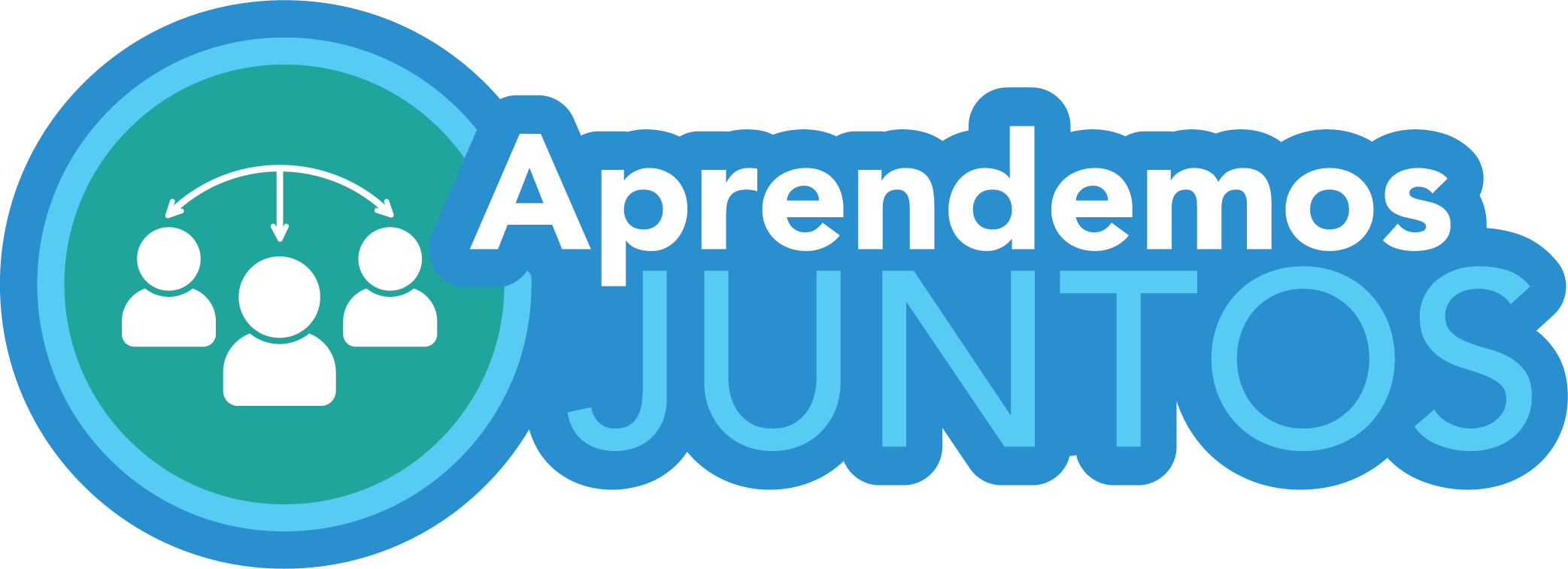
Genghis Khan's Guide To Fullerforcongress.org Excellence
Introduction:
The 11th Congressional District, commonly referred to as CD11, is an important electoral battleground in the United States. In recent elections, the district has witnessed intense competition between candidates representing the major political parties. However, in the upcoming election, an independent candidate has emerged, bringing an intriguing dimension to the contest. This article aims to scientifically analyze the candidacy of the Independent Candidate for CD11, examining their strengths, weaknesses, and potential impact on the electoral landscape.
Methodology:
To conduct this analysis, a comprehensive review of the candidate's background, platform, and campaign strategy was undertaken. Additionally, statistical data and opinion polls were utilized to gauge public sentiment and perception regarding the independent candidate's viability. This methodological approach ensures an objective and rigorous evaluation of the candidate's prospects in CD11.
Background:
The independent candidate for fullerforcongress.org CD11 possesses an impressive professional background, having excelled in the private sector as a successful entrepreneur. This experience has provided the candidate with valuable insights into economic policies and the challenges faced by small businesses. Furthermore, their affiliation with neither major political party allows them to distance themselves from partisan biases, potentially appealing to voters disillusioned with the two-party system.
Platform:
The independent candidate's platform is characterized by a commitment to progressive policies with a pragmatic approach. Their agenda focuses on healthcare reform, environmental sustainability, and income equality. By addressing pressing societal issues from a non-partisan standpoint, the candidate aims to bridge the gap between ideological differences and promote collaborative problem-solving.
Campaign Strategy:
The independent candidate's campaign strategy blends traditional and innovative methods to mobilize support. Their campaign team has effectively utilized social media platforms to connect with a diverse range of voters and communicate their message. Additionally, targeted grassroots efforts, such as town hall meetings and community events, have been employed to establish personal connections with potential constituents.

Opinion polls consistently indicate growing support for the independent candidate, especially among younger voters disenchanted with the major political parties. Their emphasis on progressive policies and commitment to bipartisanship resonates with a significant portion of the electorate. However, it is important to recognize the challenges faced by an independent candidate, such as limited access to campaign financing and established party infrastructure. Despite these obstacles, their capacity to disrupt the traditional two-party dynamic in CD11 cannot be underestimated.
Conclusion:
The emergence of an independent candidate in CD11 adds an intriguing twist to the political landscape. This scientific analysis highlights the strengths and weaknesses of the candidate, their platform, and campaign strategy. While the independent candidate faces certain challenges, their appeal to disillusioned voters and commitment to progressive policies may have a transformative impact on the electoral dynamics of CD11. As the election approaches, it will be interesting to observe the extent to which the independent candidate can rally support and challenge the dominance of the major political parties.


Reviews